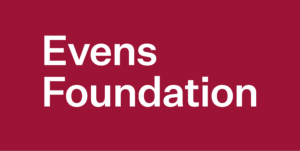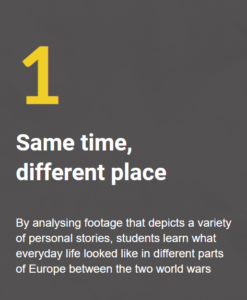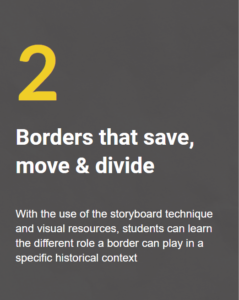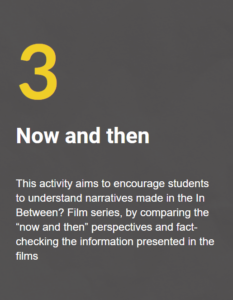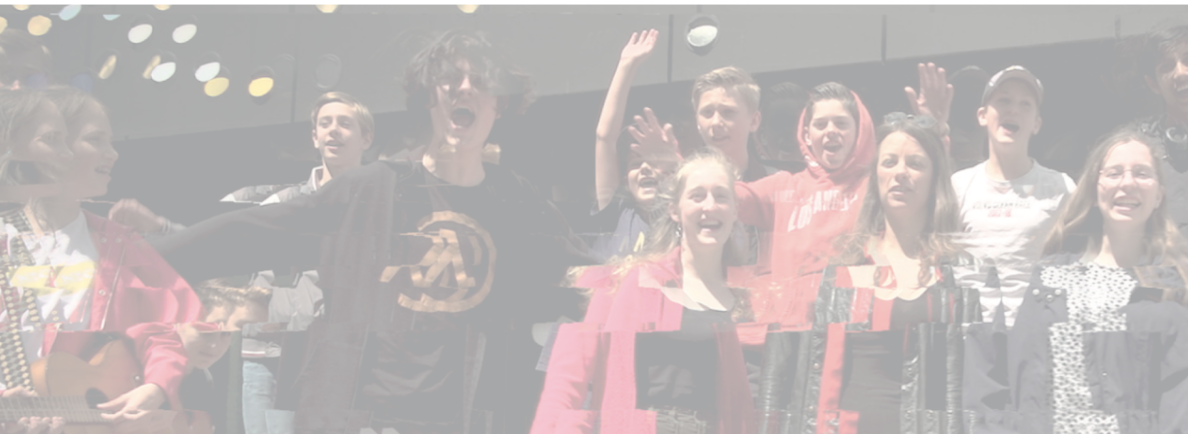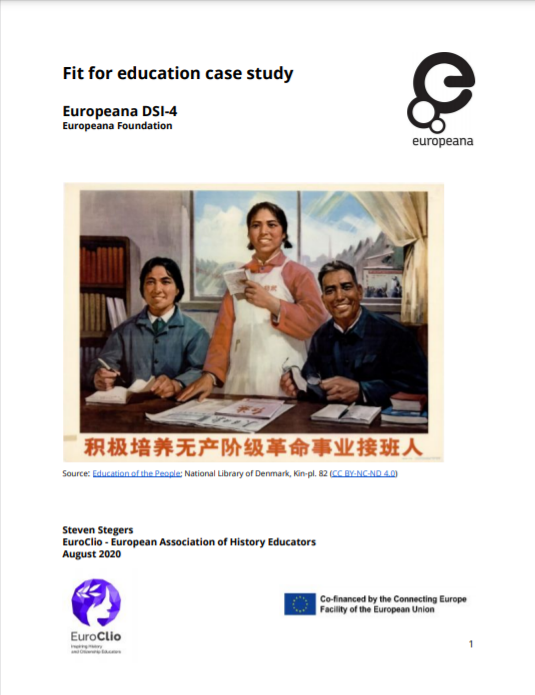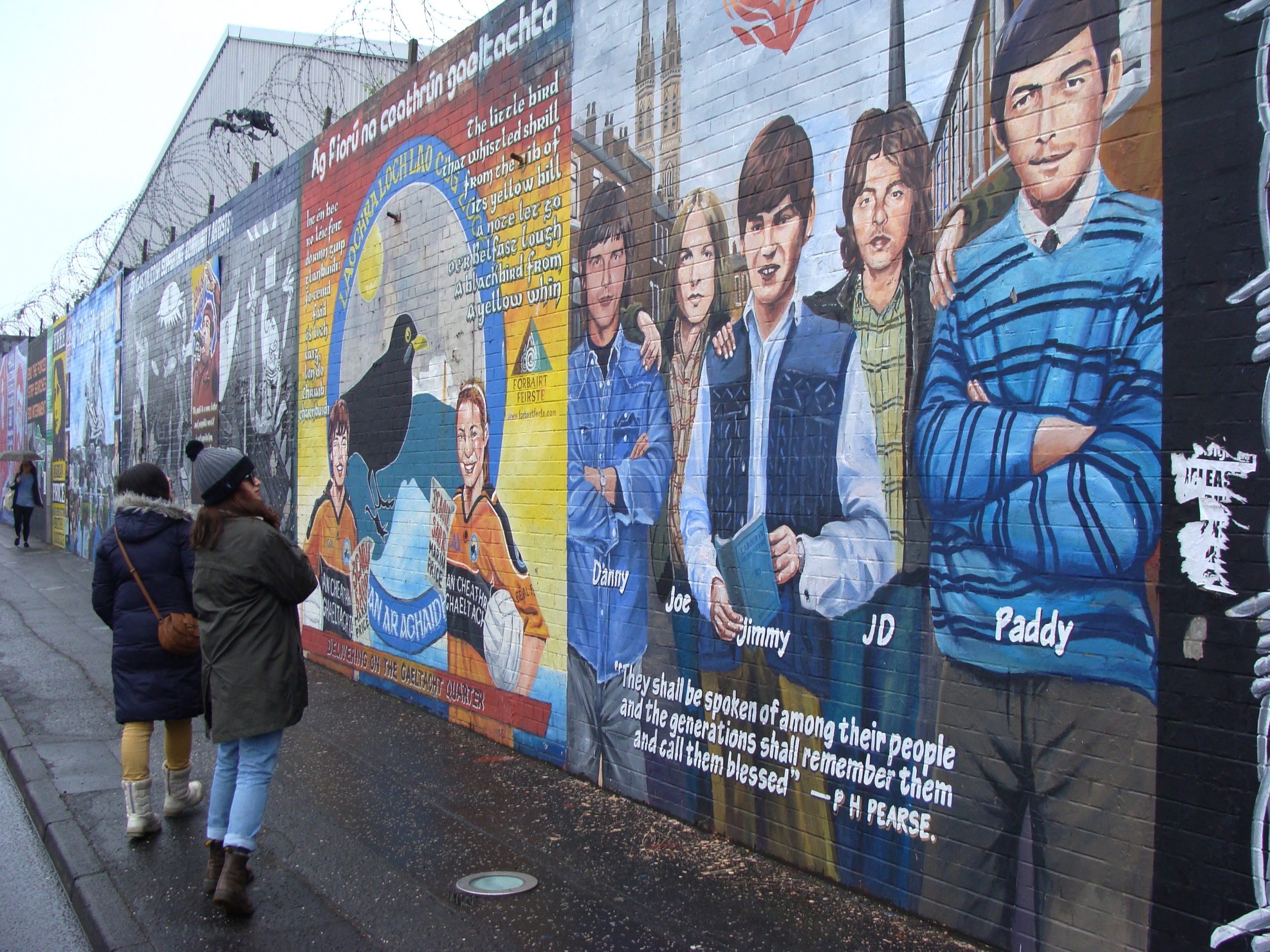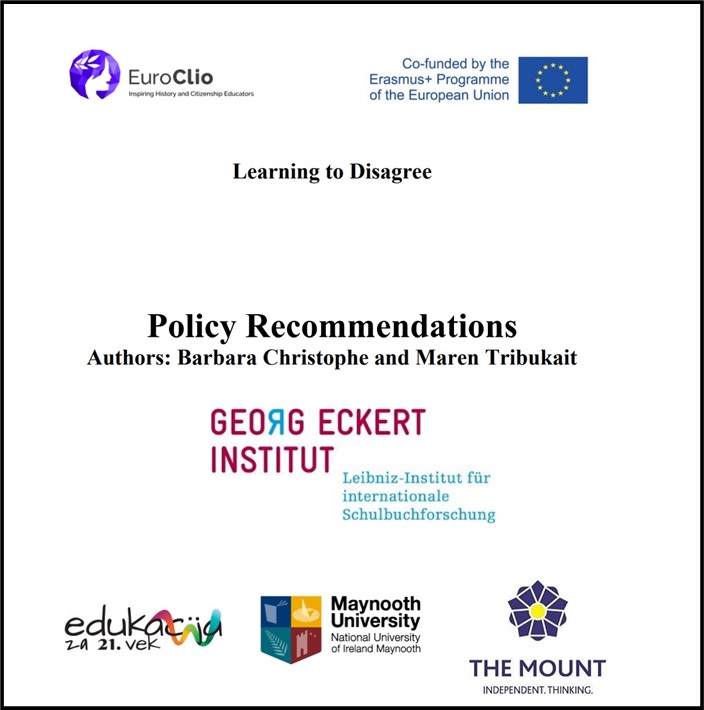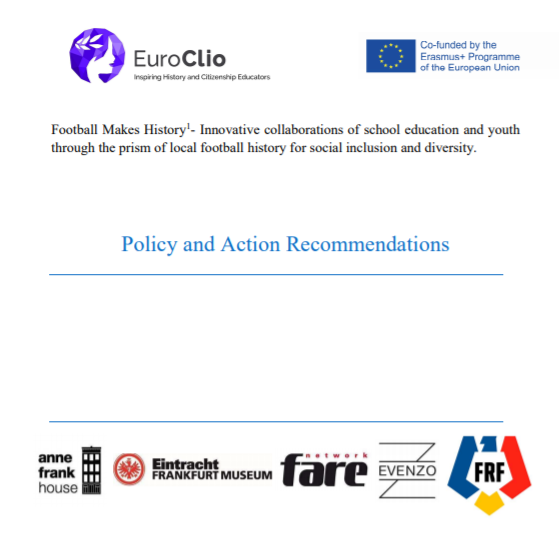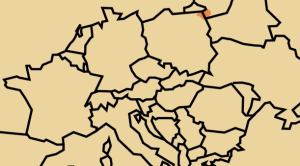
The learning activities are intended to widen students' perspectives on European history and provide better context and explanations of the events covered in many curricula. The activities are based on three short films produced as part of the 'In Between' project, a European initiative created and coordinated by the European Network Remembrance and Solidarity, investigating the history and dynamics of European borderlands where remembrance is linked to a difficult past and the political and social changes that have resulted from the dramatic historical processes of the 20th century. They incorporate local narratives as well as visual and audio documentation of research conducted in various European locations using the oral history method. The films focus on three border regions in Europe: the Polish-Lithuanian border, where different groups of people have lived together for centuries while the borders drastically changed during the 20th century, the Bosnian town of Mostar, which found itself at the crossroads of the Yugoslav Wars of the 1990s, and the Catalan cross-border region, where many Spaniards attempted to flee the Franco regime at the conclusion of the Spanish Civil War.
The learning activities have been specifically developed to include relevant topics for the national curricula, put personal stories at the center of students' engagement, promote critical historical thinking, develop media literacy skills, and give students and teachers the flexibility they need to adapt them to their own learning goals.
All learning activities come with a premade package of learning materials, including information packs, step-by-step activity plans, and stimulating visuals. The intended age of students varies between 11 and 18 years old. The activities are initially designed for two lessons of forty-five minutes each, but can be adapted to suit any teacher's needs.
Contributors
(Re)Viewing European Stories is an educational pilot project that ran between October 2019 and September 2020. Co-ordinated by the EUscreen Foundation, funded by the Evens Foundation, and supported by EuroClio, the project brought together archival practitioners, historians and educators, as well as external experts from a number of European countries: Documenta – center for dealing with the past (Croatia), Borderland Foundation (Poland), European Observatory on Memories (Spain), European Network Remembrance and Solidarity (Poland and others), National Film Archive – Audiovisual Institute (Poland), Netherlands Institute for Sound and Vision (Netherlands), with Jacek Staniszewski (Poland), a history teacher and EuroClio ambassador, serving as an independent education lead.
Part of the Project:
(Re)viewing European Stories (EUscreen)
Funded by:
Members involved:

In Europe Schools – Building an Online Safe Space
An online meetup with your partner school is very exciting, [...]

Fit for Education – Case Study

Contested Histories: ‘Muralling’ and Reconciliation in Northern Ireland

Learning to Disagree: Policy Recommendations
Click here for the Policy Recommendations developed as part of [...]

Football Makes History: Policy & Action Recommendation

